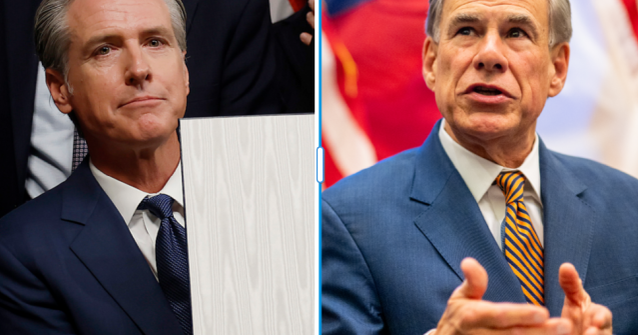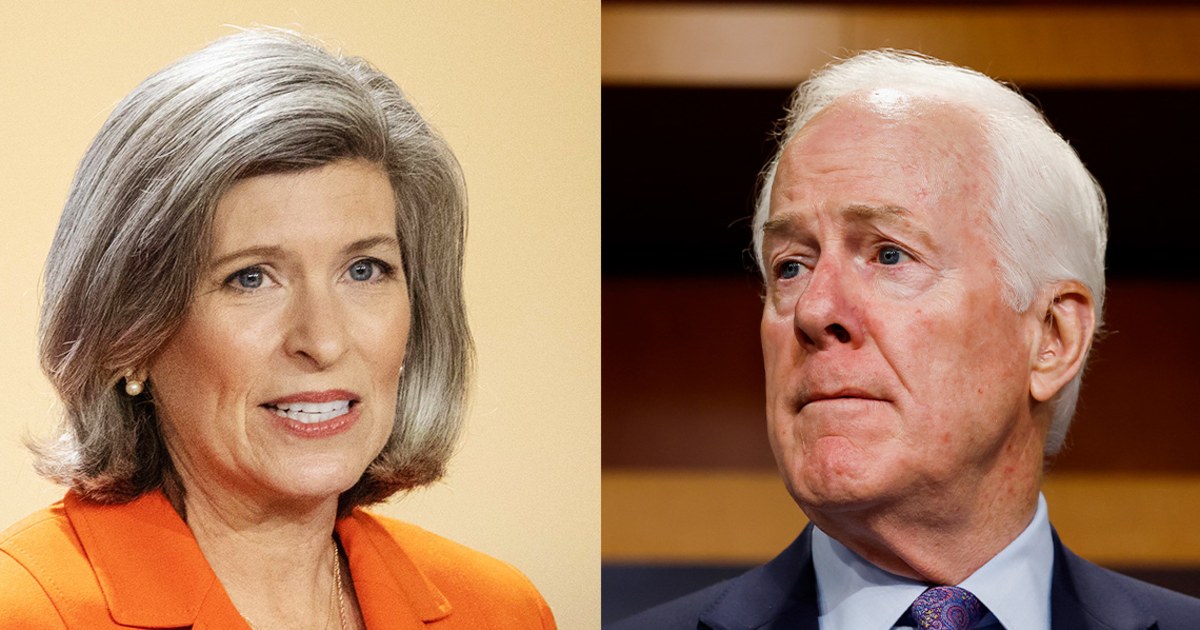Controversy in German State Elections: AfD Gains, Greens Decline

Introduction
The recent state elections in Germany have stirred up controversy, with the far-right Alternative for Germany (AfD) making significant gains while the Greens saw a decline in support. The conservative CDU party remains the strongest, but the results have implications for the political landscape in the country.
Key Details
In the state of North Rhine-Westphalia, the AfD tripled their results from the 2020 elections, solidifying their position as a major political player in Germany. This surge in support for the far-right has raised concerns among other parties and the public. On the other hand, the Greens have emerged as the clear losers, failing to make an impact and losing seats in the state parliament.
Impact
The results of these state elections have significant implications for the upcoming federal elections in September. The AfD's growing influence could potentially shift the balance of power in Germany and have an impact on policies and decision-making. At the same time, the Greens' decline signals a potential shift in the political climate, with voters potentially turning away from environmental issues and towards other concerns.
About the Organizations Mentioned
Alternative for Germany
**Alternative for Germany (AfD)** is a far-right, right-wing populist, and national conservative political party in Germany, founded in April 2013 initially as a Eurozone crisis-driven Euroskeptic movement opposing mainstream policies, particularly those of Angela Merkel[1][3]. It rapidly evolved to adopt strong nationalist, anti-immigration, Islamophobic, and xenophobic positions, especially after the 2015 refugee crisis, which significantly boosted its support[2][3]. AfD’s political trajectory is marked by its breakthrough into the Bundestag in 2017 as the first new party since reunification to do so, securing 94 seats and becoming the largest opposition party[1][2]. It expanded its influence by gaining representation in 14 of 16 German state parliaments and the European Parliament, where it finished second nationally in 2024 with 15.9% of the vote[1][2]. However, it faced a decline in the 2021 federal election to the fifth-largest party before rebounding in the 2025 election to become the second-largest party and the leading opposition force[1]. Economically, AfD espouses neoliberal policies favoring deregulation and limited state intervention with some unsuccessful factional pushes toward protectionism and support for small and medium enterprises[1]. Politically, its platform aggressively opposes immigration, advocating for ending refugee government spending, returning refugees to their home countries, abolishing foreigners’ asylum rights, and limiting Islam’s influence in Germany[3]. Despite electoral gains, AfD remains politically isolated due to a post-World War II "firewall" by mainstream parties refusing coalitions with it, citing its extremist tendencies[3][4]. In fact, Germany’s domestic intelligence agency classified AfD as a “proven far-right extremist entity” in 2025, highlighting its anti-constitutional xenophobic agitation and resulting in official surveillance[4]. This classification underscores the party’s simultaneous normalization and radicalization, an
Greens
## Overview The **Green Party of the United States** (GPUS) is a progressive political organization primarily focused on environmentalism, social justice, grassroots democracy, and nonviolence, drawing inspiration from the international Green movement[6]. The party is best known for its advocacy of policies such as the Green New Deal, universal health care, support for social justice movements like Black Lives Matter, and reproductive rights[6]. Greens operate at local, state, and national levels, emphasizing decentralized, community-based decision-making and direct citizen participation in politics[3][6]. ## History The U.S. Greens emerged in the mid-1980s, inspired by the success of Green parties in Europe, particularly Germany, where the movement first achieved electoral success in the early 1980s[2]. The American movement began in 1984 with the founding of a state party in Maine by activists Alan Philbrook and John Rensenbrink, both influenced by Green activities abroad[6]. Early U.S. Greens were initially reluctant to engage in electoral politics, preferring grassroots activism and protest movements[2]. By 1985, the first Green candidates ran for office in North Carolina and Connecticut, and the movement rapidly grew through local organizing and national gatherings, such as the First National Green Gathering in 1987[3][4]. Internal debates over strategy—whether to focus on electoral politics or remain an “anti-party party”—led to organizational splits, most notably between the Greens/Green Party USA (G/GPUSA) and the Association of State Green Parties (ASGP)[1]. The ASGP, which later became the GPUS, gained Federal Election Commission recognition as a national party in 2001, consolidating most Green electoral activity under one banner[1][5]. ## Key Achievements The GPUS gained significant public attention during the 2000 presidential election, when Ralph Nader and Winona LaDuke received nearly three million votes[1][3]. The
CDU
The **Christian Democratic Union of Germany (CDU)** is a major centre-right political party known for its Christian democratic and conservative policies. Founded on June 26, 1945, after the fall of Nazi Germany, the CDU emerged as a unifying political force for Christians and conservatives from diverse political backgrounds such as the German Centre Party and liberal conservatives. Its first leader, Konrad Adenauer, played a crucial role in shaping the party and West Germany's post-war recovery and integration with the West. The CDU has traditionally supported a free-market economy combined with social welfare programs, European integration, and close ties with the United States[1][2][3]. Historically, the CDU dominated West German politics during the first two decades after its founding and remained a leading force throughout the late 20th century. After a setback in 1998, the party returned to power in 2005 with Angela Merkel as Chancellor, who became one of Germany’s longest-serving and most influential leaders, promoting stability and EU cohesion[3]. In the present day, the CDU is Germany’s largest party in the Bundestag, holding 208 out of 630 seats as of 2025, and forms a parliamentary faction known as the CDU/CSU or simply “the Union” with its Bavarian sister party, the Christian Social Union (CSU). Friedrich Merz has been the CDU’s federal chairman since January 2022 and has served as Chancellor since May 2025. The party continues to influence both German and European politics significantly, with members like Ursula von der Leyen holding key positions in the European Union[1][2][4]. The CDU’s organizational structure includes a youth wing, the Young Union, and the Konrad-Adenauer-Stiftung foundation, supporting policy development and party activities. The party’s colors are traditionally black, with red and gold used in corporate design. The CDU remains a pivotal actor i












